Authors Dipali Mukhopadhyay and Kimberly Howe have received the American Political Science Association (APSA) 2024 Human Rights Section Best Book runner-up award for their book, Good Rebel Governance. The APSA…
Kimberly Howe
Research Director and Assistant Professor
Research Assistant Professor, Friedman School of Nutrition
Contact
Working with Feinstein since 2007
Based in France
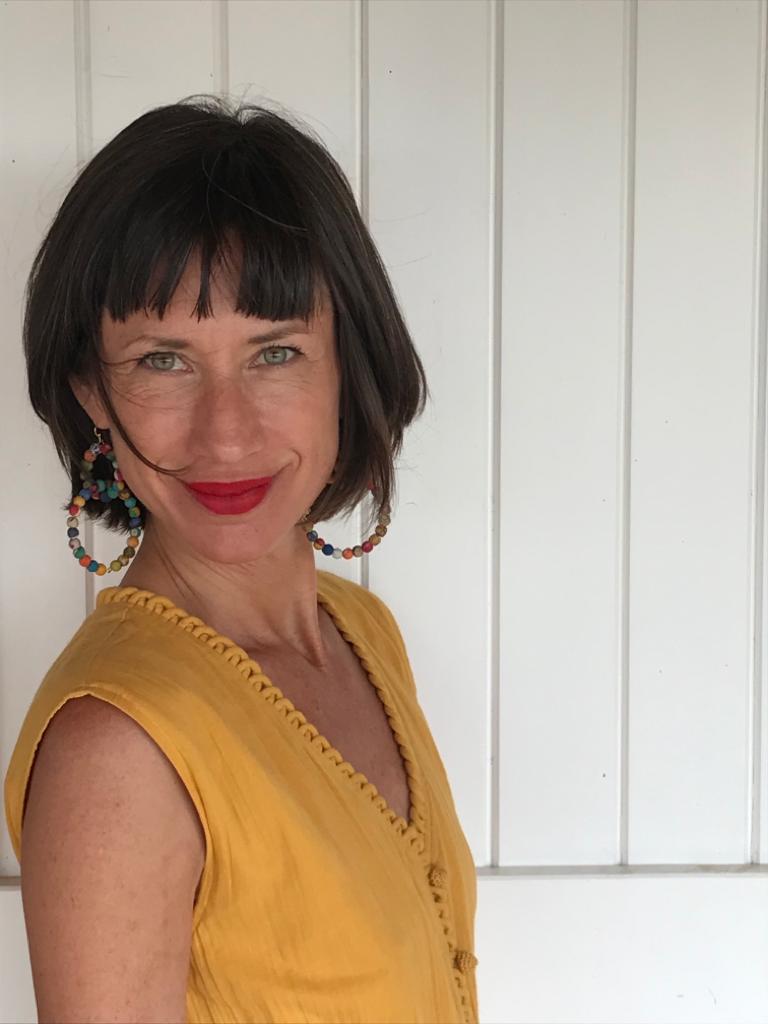
As the director of Feinstein’s research program on Conflict and Governance, Kimberly Howe leads the flagship program on Early Marriage in Conflict and Displacement: From Research to Practice.
Her work focuses on how civilians cope and adapt to war, and the effects of humanitarian and political interventions on civilians, armed groups, and political structures. Kimberly has written about trauma-informed field research and has designed and conducted mixed methods research projects in several war-affected countries around the world including Burundi, the Democratic Republic of the Congo, Colombia, Uganda, the Kurdistan Region of Iraq, South Sudan, Syria, Turkey, Lebanon, and Jordan.
Since the late 1990s, Kimberly has been working in a variety of ways to improve the lives of people affected by conflict and war. Kimberly regularly conducts research for the U.S. government on their programs targeting refugees, internally displaced persons, and war-affected populations. Prior to joining the center, she was a Randolph Jennings Peace Scholar at the US Institute of Peace, an Adjunct Associate Research Scholar at SIPA Columbia University, and a Fellow at Harvard University Medical School. From 1999 to 2007, she practiced as a psychotherapist treating survivors of torture and interpersonal violence.
Kimberly holds a B.A. in psychology and an M.S.W. from Simmons College, Boston. She has an M.A.L.D. and Ph.D. in international relations from The Fletcher School at Tufts University.
From 2019 to 2021, she was a Marie Sklodowska-Curie Research Fellow to support her work on early marriage in conflict.
When she is not in the field, she is based in southern France, where the weather is always nice.
RESEARCH INTERESTS
- Early marriage in conflict and displacement
- Governance in conflict
- Civilian well-being during war and international intervention
REGIONAL FOCUS
- Middle East
- East/Great Lakes Africa
- Colombia
COURSES TAUGHT
- Conflict Resolution Theory at Fletcher (DHP D223)
MOST CITED BOOKS & ARTICLES
MOST RECENT EXTERNAL PUBLICATIONS
- Howe, Kimberly, Elizabeth Stites, Lucy Bassett, and Maya Ewart. 2024. “Health and Well-being of Young Mothers Displaced by Conflict: Experiences From South Sudan and the Kurdistan Region of Iraq.” Social Science & Medicine 348 (May): 116710. https://doi.org/10.1016/j.socscimed.2024.116710.
- Howe, Kimberly. 2023. “The Ties That Bind: : Civilian Adaptation and Social Connectedness during the Syrian Civil War.” In Civilian Protective Agency in Violent Settings: A Comparative Perspective, edited by Jana Krause, et al. Oxford University Press. https://doi.org/10.1093/oso/9780192866714.003.0003.
- Mukhopadhyay, D., & Howe, K. 2023. Good Rebel Governance: Revolutionary Politics and Western Intervention in Syria. Cambridge: Cambridge University Press. doi:10.1017/9781108778015
- Howe, Kimberly. 2022. “Trauma to Self and Other: Reflections on Field Research and Conflict.” Security Dialogue 53 (4): 363–81. https://doi.org/10.1177/09670106221105710.
- Carnegie, Allison, Howe, Kimberly, Lichtenheld, Adam & Mukhopadhyay, Dipali. “The Effects of Foreign Aid on Rebel Governance: Evidence from a Large-Scale USAID program in Syria.” Economics and Politics. (2021).
- Carnegie, Allison, Howe, Kimberly, Lichtenheld, Adam & Mukhopadhyay, Dipali. “Winning Hearts and Minds for Rebel Rulers: Foreign Aid and Military Contestation in Syria.” British Journal of Political Science. (2021).
- Stites, Elizabeth, & Howe, Kimberly. “From the border to the bedroom: Changing conflict dynamics in Karamoja, Uganda.” The Journal of Modern African Studies, 57, no. 1 (2019): 137-159. doi: 10.1017/S0022278X18000642.
- Howe, Kimberly & Stites, Elizabeth. “Partners under pressure: Humanitarian action for the Syria crisis.” Disasters, 43, no. 1 (2019): 3-23. doi:10.1111/disa.12298
RECENT NEWS
In a paper published in Economics & Politics, Allison Carnegie and co-authors, including Kimberly Howe, examine the impact of foreign aid on governance by non-state actors, specifically rebels. The study…
Giving birth during adolescence is linked to a variety of negative health, social, and economic outcomes for both mothers and their children. Conflict, displacement, and humanitarian crises — which disproportionately…
During a civil war, how do civilians protect themselves against violence, and how do they access food, livelihoods, water, and health support? In the newly published book, Civilian Protective Agency…
Kimberly Howe and Dipali Mukhopadhyay have published Good Rebel Governance, which is available from Cambridge University Press. From the publisher: When a revolutionary uprising erupted in Syria during the spring…
Since 2019, Kimberly Howe and Elizabeth Stites have been working on a cohort study that provides a rare and holistic view into the lives of female youth living in displacement…
Syrian earthquake devastated an area that was already a disaster zone – and highlights the vital role of local aid groups Kimberly Howe, Tufts University Three weeks after the February 2023…
Kimberly Howe published “Trauma to self and other: Reflections on field research and conflict” in Security Dialogue, Volume 53, Issue 4. In this article, Kim recognizes that researchers who engage…
The Early Marriage in Conflict and Displacement research team, led by Kimberly Howe and Elizabeth Stites, has been on the road connecting with humanitarians, advocates, and policy makers and sharing…
War in the Ukraine broke out in February 2022. Feinstein International Center faculty and researchers have been sharing what they know about the crisis and wider implications through a variety…
War in the Ukraine broke out in February 2022. Feinstein International Center faculty and researchers have been sharing what they know about the crisis and wider implications through a variety…
Kimberly Howe and Elizabeth Stites, together with their colleagues at Save the Children Denmark and field researchers, officially launched their study on “Early Marriage Among Female Youth in Displacement” in…
Helping Ukrainians means listening to their needs – 3 lessons for aid groups from Syria’s war Millions of Syrians remain displaced from the conflict that began in 2011. Delil Souleiman/AFP…
Kimberly Howe attended the Annual Political Science Association Meeting in Washington in August. With her co-author Dipali Mukhopadhyay, they presented an excerpt of their forthcoming book, “Good Rebel Governance: Revolutionary…
Allison Carnegie, Kimberly Howe, Adam Lichtenheld, and Dipali Mukhopadhyay published “The Effects of Foreign Aid on Rebel Governance: Evidence from a Large-Scale U.S. Aid Program in Syria” with AidData in…
Kimberly Howe has been awarded a Marie Sklowdowska-Curie Individual Fellowship to pursue the study of child marriage globally. This prestigious fellowship is awarded to fund experienced researchers and projects, with…
In March, 2019 the Journal of Modern African Studies published Elizabeth Stites and Kimberly Howe‘s article “From the Border to the Bedroom: Changing Conflict Dynamics in Karamoja, Uganda.” The article…
In January 2019 Kimberly Howe and Elizabeth Stites published an article in Disasters called “Partners under Pressure: Humanitarian Action for the Syria Crisis.” Kimberly and Elizabeth present the findings of…
Feinstein faculty, researchers, and visiting fellows had a prominent role at the SEEP 2017 conference in Washington DC on October 4, 2017. Elizabeth Stites presented findings from the Secure Livelihoods…
The first ever World Humanitarian Summit took place in Istanbul, Turkey on May 23-24, 2016. The summit aimed to set a forward-looking agenda for humanitarian action that addresses future humanitarian…
FIC Senior Researcher Dr. Kimberly Howe recently participated in a discussion at the AidEx conference on partnerships among different humanitarian actors. Dr. Howe drew on her work with Dr. Elizabeth…
Kimberly Howe and Elizabeth Stites presented on FIC’s work on cross-border partnerships and humanitarian assistance into northern Syria at the US Department of State and USAID on April 27, 2015. The briefings focused…
FEINSTEIN PUBLICATIONS

This report provides insights and perspectives from participatory workshops with displaced female youth in the Kurdistan region of the Republic of Iraq (KRI).

This paper examines the role of marital status and motherhood on schooling experience and educational interruption, attainment, and aspirations in South Sudan and the Kurdistan Region of Iraq.

Very little is known about the experiences of female youth who marry under 18 and later become separated, divorced, or widowed. This briefing paper underscores the unique vulnerabilities and challenges that these youth face in the Kurdistan Region of Iraq (KRI) and South Sudan.
This briefing paper outlines the situation of displaced female youth—unmarried, married, divorced, widowed—from a mental health and psychosocial functioning (MHPSS) lens.

This briefing paper examines the experiences of life after marriage for female youth who married under the age of 18 in South Sudan and the Kurdistan Region of Iraq. It describes how early marriage affects education, mental health, protection issue, and family dynamics.

This briefing paper focuses on the decision-making processes that led displaced female youth to marry early, based on their experiences in the Kurdistan Region of Iraq and South Sudan.

This briefing paper follows displaced female youth in South Sudan who had unintended pregnancies. It describes the circumstances leading to early pregnancy, their after becoming aware of their pregnancies, and the impact of their pregnancies on marriage, education, mental health, family relationships, and household economics.

This brief highlights similarities and differences between two studies on localization of humanitarian action and identifies lessons learned that may reach beyond specific emergencies in Indonesia and the Horn of Africa.
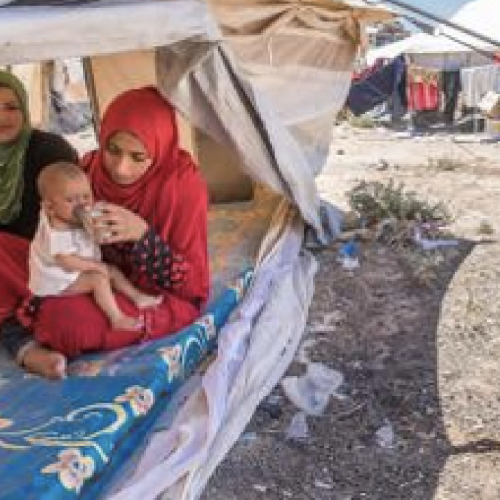
This paper contributes to the dialogue on methodological options by exploring the utility of applying Qualitative Comparative Analysis using fuzzy sets (fsQCA) for understanding complex causality and the conditions that support resilience in humanitarian contexts.
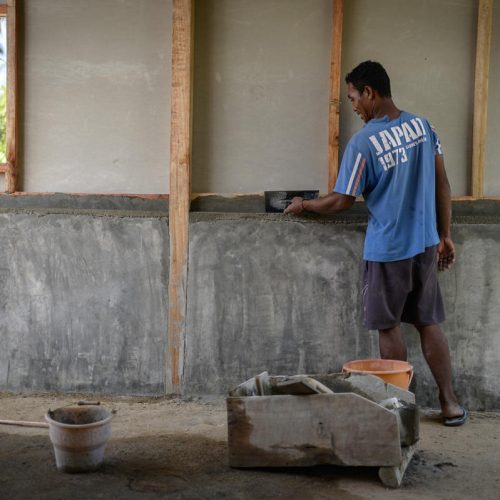
This study examined the impact of a policy that effectively localized aid during the response to the 2018 Sulawesi Earthquake in Indonesia.
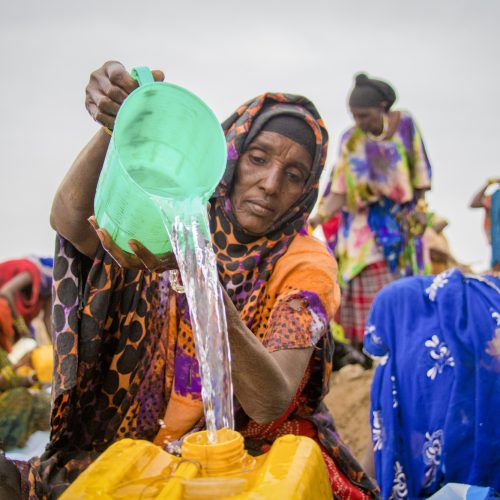
This study interrogates the assumptions that underpin a localized response, and identifies the factors that enable and hinder local actors in providing a high-quality, principled, and effective response in three countries in the Horn of Africa: Kenya, Somalia/Somaliland, and South Sudan.
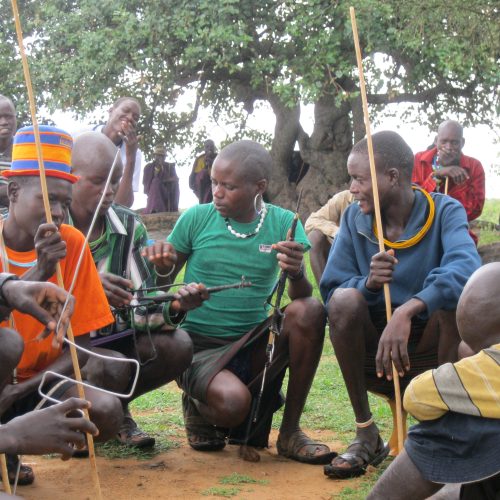
This report presents findings on the experiences and aspirations of male and female youth as they interact with the economic and aid systems in the Karamoja sub-region of Uganda. This…
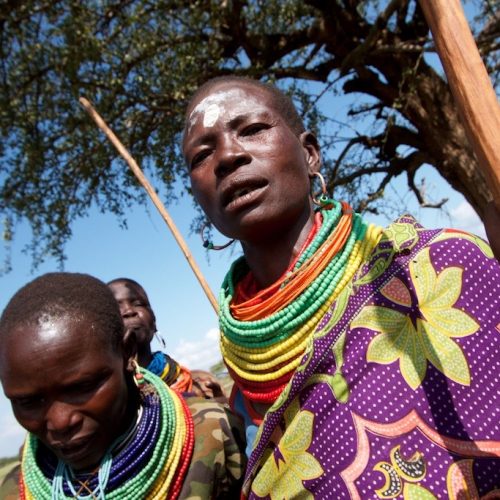
This report reflects findings from the baseline quantitative study of a four-year research project in the Karamoja sub-region of Uganda. We describe different aspects of wealth, such as animal-related wealth…
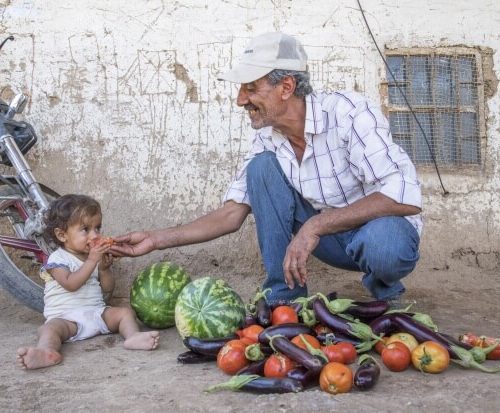
In partnership with Mercy Corps, Feinstein researchers undertook this work to understand why some households are managing the devastating impacts of war better than others.
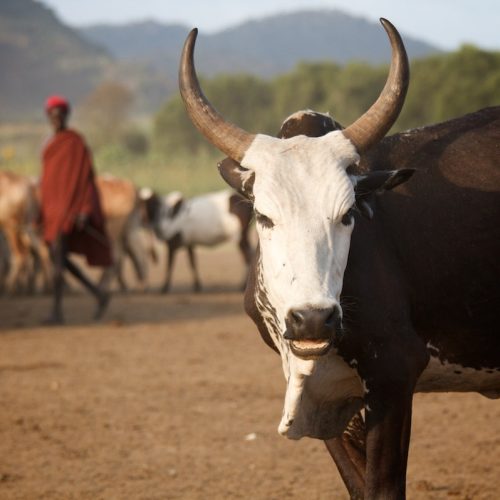
This fifth year report examines key areas of change in Karamoja over the past five years to inform development programming decisions.
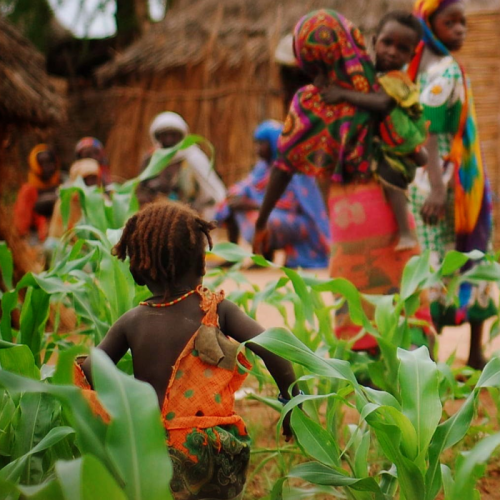
This is an evidence brief, accompanying the full systematic review on acute malnutrition in humanitarian emergencies.

This systematic review represents the first attempt to apply systematic review methodology to establish the relationships between recovery and relapse and between default rates and repeated episodes of default or relapse in the management of acute malnutrition in children in humanitarian emergencies in low- and middle-income countries.
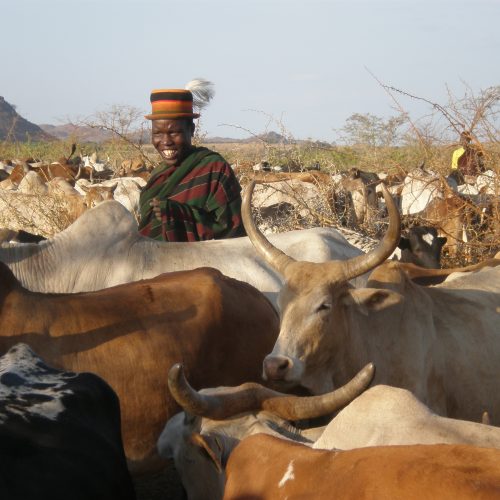
This report reviews the state of animal-based livelihoods in the Karamoja region of northeastern Uganda and examines how animal ownership affects a household’s ability to weather shocks.
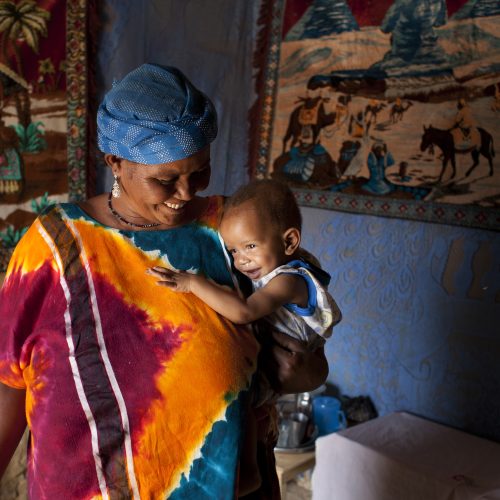
This protocol details the methodology for an evidence synthesis on acute malnutrition in humanitarian crises. The evidence synthesis asks: “What is the evidence on the relationship between recovery and/or cure…

The scale of the Syrian conflict and resulting humanitarian need constitute one of the largest crises of our time. This case study analyzes contemporary humanitarian action in Syria, cross-border operations,…
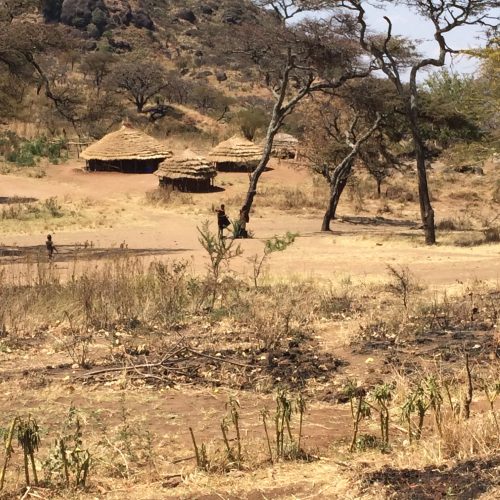
This study provides a nuanced understanding of the transformation of violence for women, men, girls and boys in northern Karamoja at the household, community, district and the regional levels. Drivers…
This is the second briefing paper emerging from a longer report on humanitarian action and partnerships in remote management settings. This briefing paper offers key insights and findings on the…
This is the first briefing paper emerging from a longer report on humanitarian action and partnerships in remote management settings. This paper offers key insights and findings on the challenges…
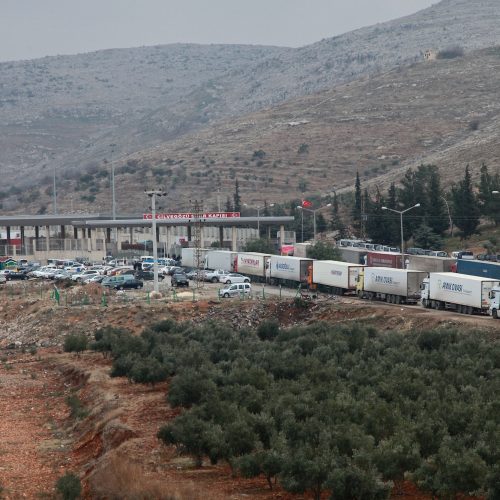
International organizations increasingly rely on local partners to engage in humanitarian action. This is particularly the case in highly insecure situations or when host governments limit or deny international access….
For more than 40 years, Colombians have been subject to chronic violence perpetrated by left-wing guerillas, paramilitaries, government forces, and drug cartels. In the past 20 years, an estimated four…
FEINSTEIN RESEARCH PROJECTS
The Cities of Youth project seeks to understand how climate change influences patterns of youth migration to secondary cities in Uganda.
This research program seeks to understand the enabling and hindering factors that support localized or locally led humanitarian responses to natural disasters, conflicts, and prolonged complex emergencies.
Feinstein’s work as part of the Apolou project seeks to understand the impacts over time of a shift to an increasingly cash-based economy on different wealth, livelihood, and demographic groups.
Our latest research shows that we do not know enough about early marriage to design programs and policies that effectively support female youth in the ways that they need. This study is generating the evidence humanitarians need.
This USAID-funded five year project (2012-2017) aims to improve livelihoods outcomes for the pastoral, agro-pastoral, and agrarian populations in the region.
The Planning From the Future project aims to influence the direction of ‘non-traditional’ and traditional humanitarian actors to help them deal with a rapidly changing and potentially increasingly vulnerable world.
International organizations increasingly rely on local partners to engage in humanitarian action. This is particularly the case in highly insecure situations or when host governments limit or deny international access. Despite these trends, there have been few attempts to examine the effectiveness of international-local partnerships either in general or in insecure “remote management” contexts. This study explores these partnerships in the setting of cross-border assistance from Turkey to Syria in 2014. The case of Iraqi Kurdistan provides historical perspective.
